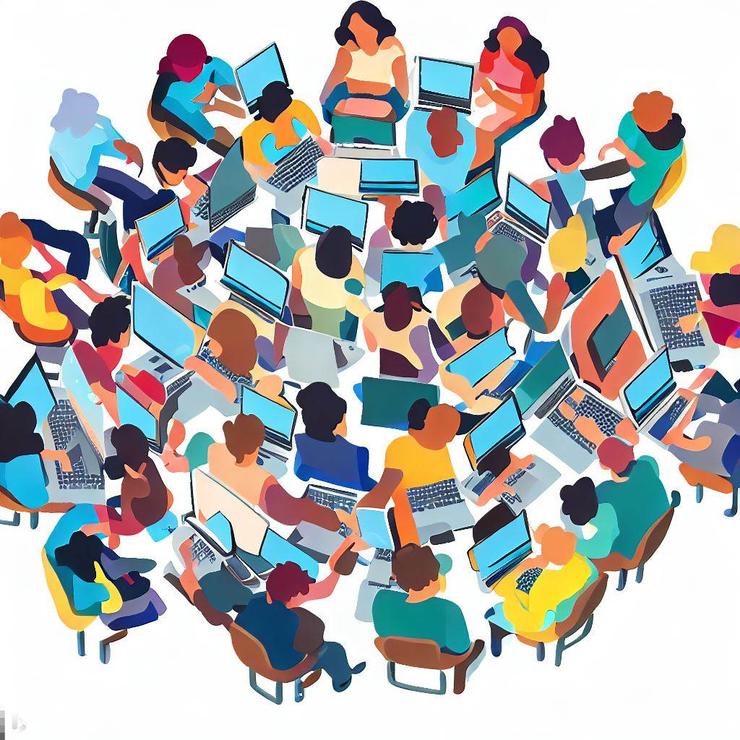The News
In the last week alone, three global search engines — Google, Bing, and China’s Baidu — have unveiled new artificial intelligence tools and chatbots to members of the public.
It’s the latest phase of the ongoing race among tech giants to integrate AI into their products and change the way people interact with the internet.
Here’s what journalists and everyday users have said so far about Google’s Bard, Baidu’s Ernie Bot, and Microsoft’s Bing Image Creator.
In this article:
The Reviews
Ernie Bot
Early reviews for Baidu’s Ernie Bot have been pretty blunt: the software has a long way to go before reaching the capabilities of its American counterparts. But there is still optimism that it could soon become a true competitor. One function many were particularly keen about was its image-generating capabilities, a feature that sets it apart from many American rivals.
Developers have hinted that the software struggles with some basic functions that are still being fixed. Many on Weibo, China’s version of Twitter, pointed out that Ernie Bot struggles to generate accurate results, with “Nonsense” a popular tech blogger, showing how it provided inaccurate dates about the lives of two Chinese emperors. “Simply put, there is a huge gap,” he said.
Bard
After Google announced Bard last month, the tech giant lost $100 billion in market value when the chatbot spat out inaccurate information during a promotional video. Bard was released Tuesday to a limited number of users in the U.S. and U.K. who signed up on a waitlist. The bot was described by Google as an “early experiment.”
The Verge’s James Vincent said Bard answers questions fluidly and is faster than ChatGPT and Bing, but appears to be more limited in its capabilities. The bot handled some tricky prompts, but “trying to extract factual information from Bard is hit-and-miss,” Vincent wrote. He added: “Bard needs to expand its repertoire if its voice is going to be heard.”
Bing Image Creator
Microsoft announced Tuesday that it plans to integrate the Bing Image Creator tool into its new Bing chat interface, which uses OpenAI’s technology. The new feature uses an advanced version of OpenAI’s viral DALL-E model, and allows users to directly tell the chatbot what kind of image they want it to generate.
Reviews are limited ahead of a full rollout, but early feedback on social media is generally positive. Javi Lopez, who writes a newsletter about AI tools, said Bing Image Creator isn’t as powerful as Midjourney, another AI text-to-image creator, but called it a “very respectable step forward” for Microsoft.
“It is finally the first time that generative imaging has reached the masses,” Lopez said.
The View From China
As U.S. companies unveil more and more AI systems, Chinese tech moguls are looking to ramp up their own options beyond Ernie Bot.
On Sunday, the former president of Google China Lee Kai-fu announced he was launching a company dedicated to AI that goes beyond “a Chinese version of ChatGPT,” through new productivity applications and platforms.
While he did not detail exactly what these new functions will entail, Lee said that his vision of was “not just a high-performance chatting tool,” nor was it limited to AI-generated graphics and texts. He compared his ambitions to Microsoft’s Co-Pilot software for Office tools, which he said are “just the beginning of AI 2.0 capabilities.”
Notable
- As if that wasn’t enough AI news, this morning Adobe also released a beta version of a new AI product called Firefly that will be able to generate images trained on its large library. David Wadhwani, Adobe’s president of digital media, told CNBC that the company plans to compensate artists who work is used in AI creations, but the details of that plan are still fuzzy, TechCrunch reported.

